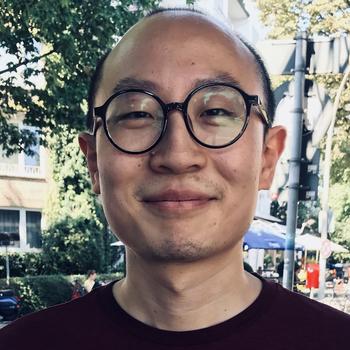Dr. Sinan Chu

Fellow in the project "A Translingual Conceptual History of Chinese Worlds" (May-July 2022)
Short Biography
Sinan Chu is a research fellow at the German Institute for Global and Area Studies (GIGA). He obtained his PhD in Political Science from Syracuse University in 2019. His research interests include China’s ethnic policy, contemporary Chinese intellectual discourse, authoritarian politics, global international relations, and legitimacy in global governance.
Project
Reimagining the World of China: The Intellectual Foundation of Multiethnic Governance under Xi JinpingThe recent decade has witnessed an accelerated shift away from accommodation and towards assimilation in the People’s Republic of China (PRC)’s approach to its ethnic minority populations. Existing studies have sought to explain the policy shift by tracking PRC academic and official discourses. Relatively little attention has been paid to the broader intellectual context of contemporary China as the backdrop and potentially enabling condition. This study examines the “assimilationist shift” in PRC ethnic minority policy through the lens of philosophical debates and intellectual activism of mainland Chinese scholars during the past three decades. In doing so, it seeks to contribute to a cross-cultural dialogue concerning “worldmaking” from the vantage point of multiethnic governance as an increasingly global challenge. My central puzzle is: how have mainland Chinese intellectuals debated a basket of concepts concerning multiethnic governance - including culture, ethnicity, order - since the early 1990s in ways that reimagine the world of China and anticipate the “assimilationist shift” in PRC ethnic minority policy in the past decade? To address this question, I adopt a discourse analytical approach to critically examine the intellectual foundation of this policy shift. Inspired by the New Sinology scholarship, the study uses a variety of writings by mainland authors as primary source in order to capture the “multifaceted culture and society that has existed in counter distinction to the orthodoxies” as propagated by the party-state. At the center of my analysis are Chinese intellectuals who, as it will become clear, drew from a variety of philosophical and theoretical traditions during the decade-long debate to reimagine China’s multiethnic “world”.
